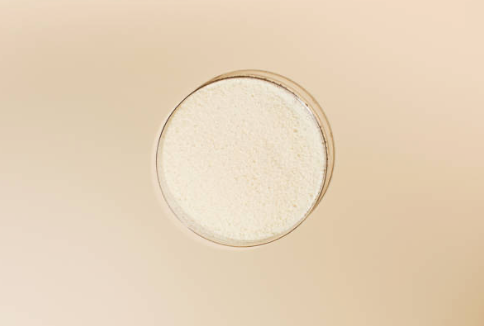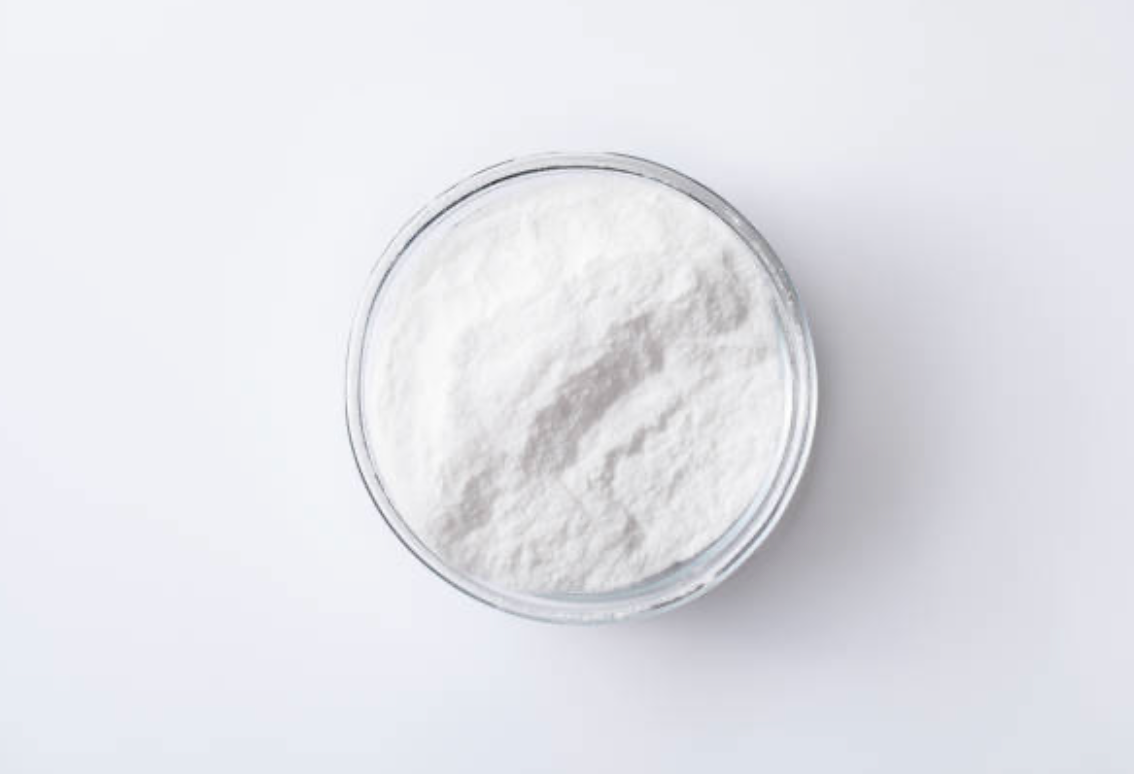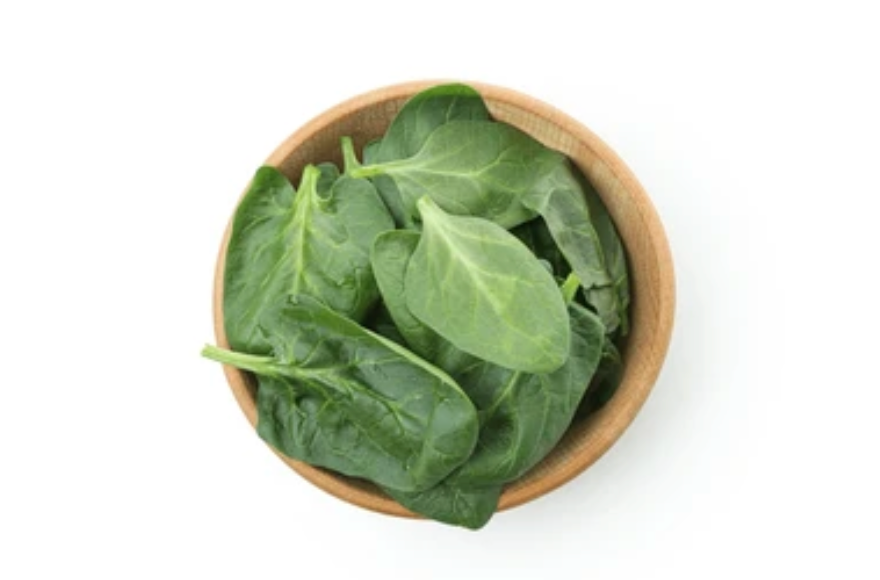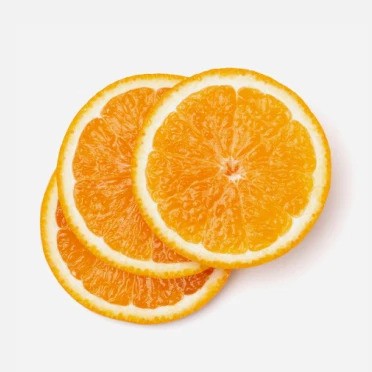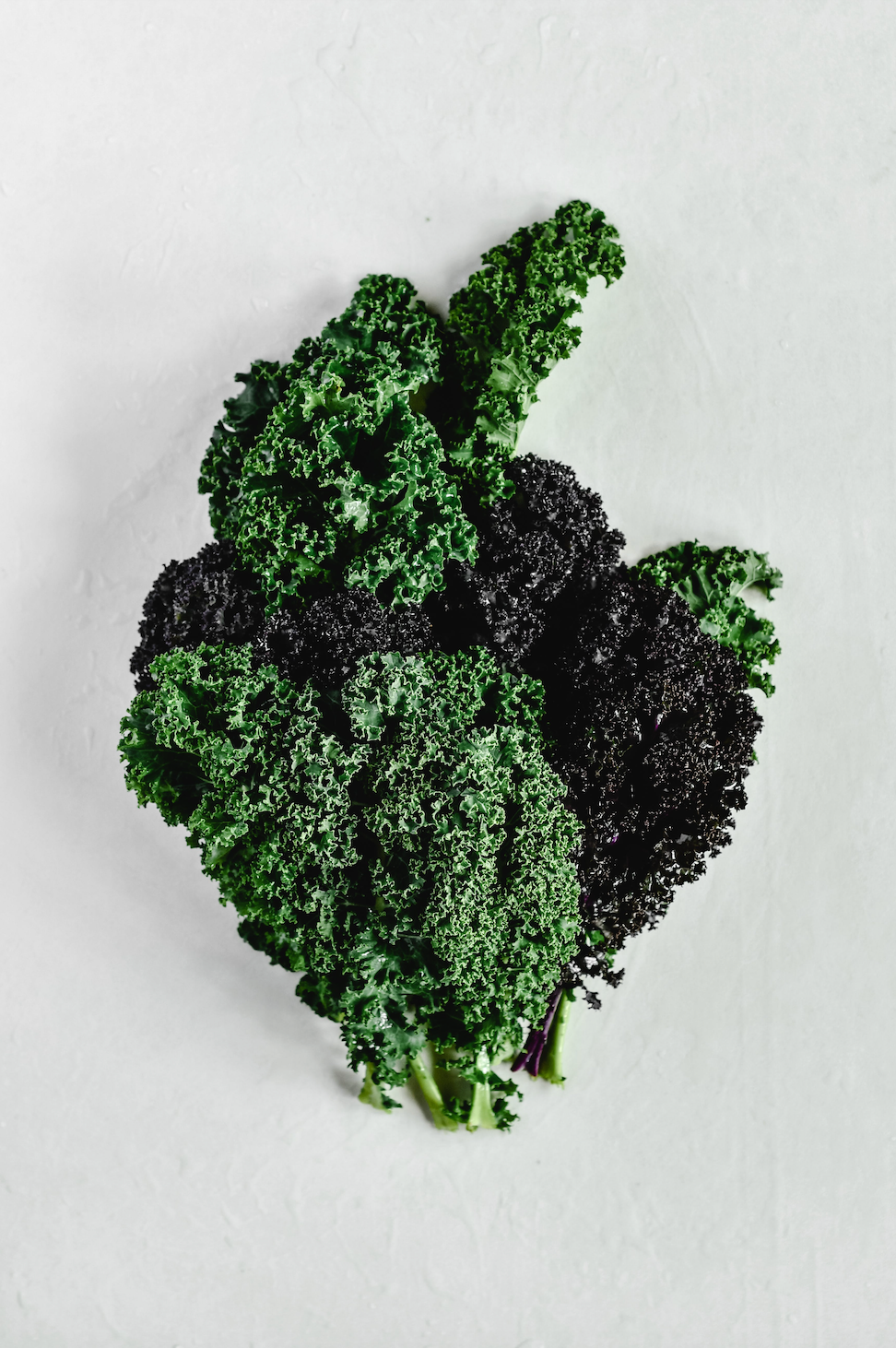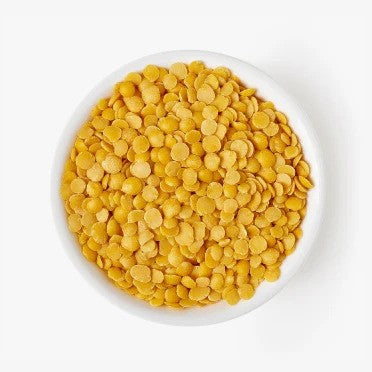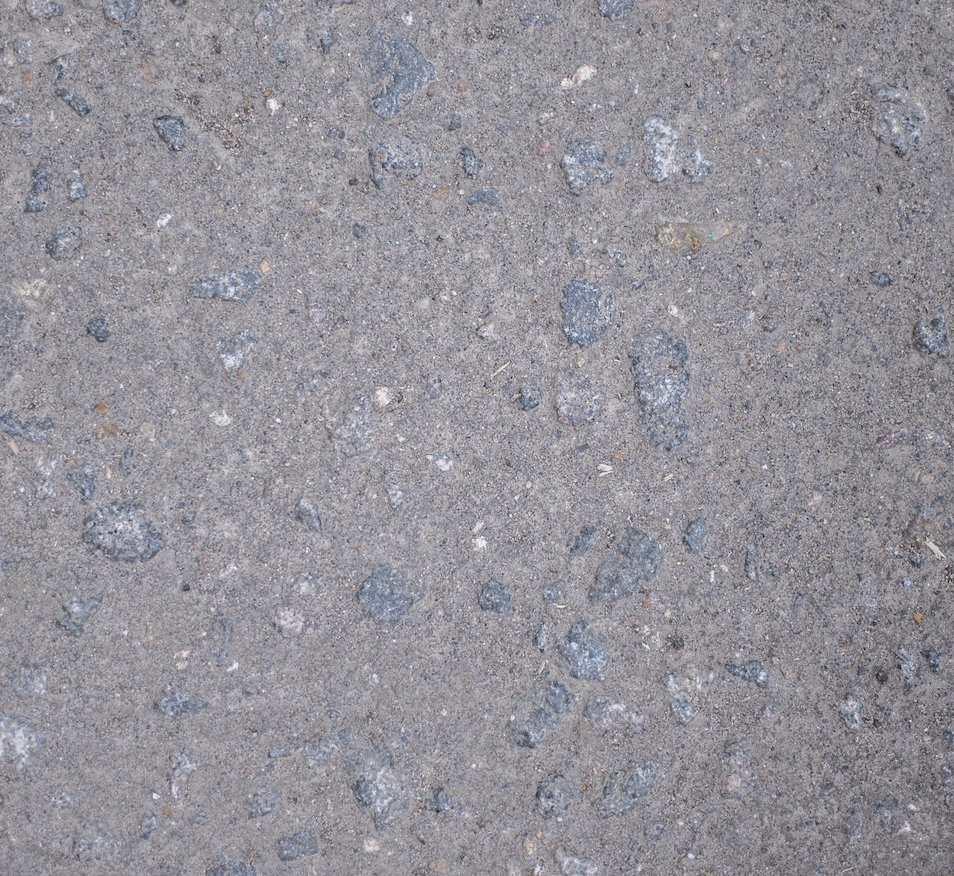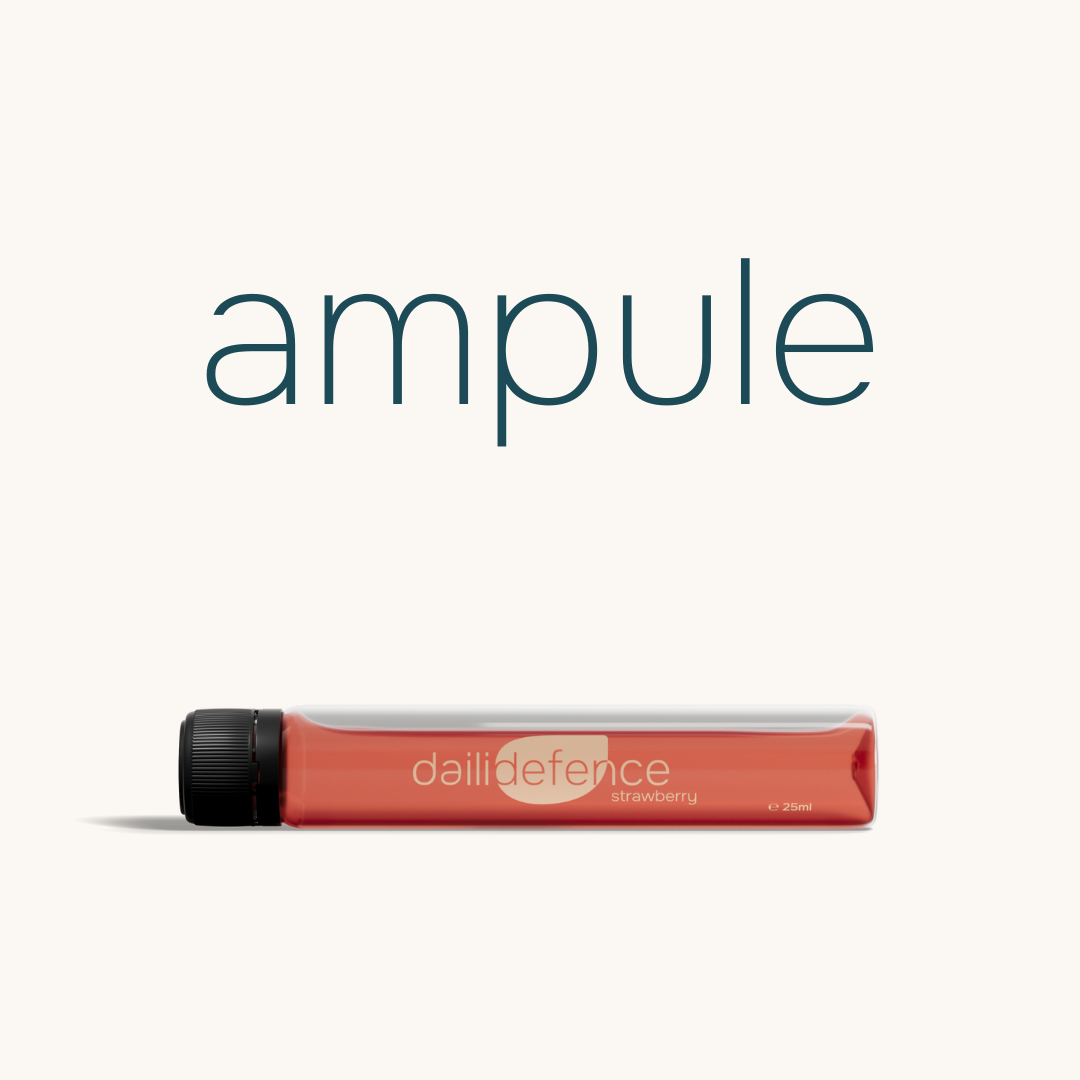
natuurlijke kracht
de ingrediënten
Kwaliteit - Stabiliteit
De perfect afgemeten en afgesloten dagelijkse dosis garandeert de constante kwaliteit van de nutriënten. (geen externe oxidaties, bacteriën,...)
Geen slikproblemen
Gemakkelijk in te nemen, zowel thuis als on-the-go. (kan je ook steeds vermengen)
+90% opneembaarheid
Opname start reeds vanaf de mond. Vloeistof staat een stap verder in het afbraakproces t.o.v. pillen/tablet.
wanneer effect

- Week 1 - 2
- Week 4 - 5
- Week 8 - 12
"In the initial days, I got accustomed to breathing with my moonbird. I noticed my heart rate go down and my first moments of relaxation."
Biologische Magnesium
Collageen, wat is dat?
Collageen is één van de meest voorkomende eiwitten in het lichaam en vormt ongeveer 30% van de totale hoeveelheid eiwitten. Dit eiwit komt voor in de huid, spieren, botten, pezen, ligamenten en ander bindweefsel, maar ook in organen, bloedvaten en de darmwand.
Het bestaat voornamelijk uit de aminozuren proline, glycine en hydroxyproline, die samen een stevige drievoudige helixstructuur vormen. Voor een goede collageenproductie heeft het lichaam genoeg vitamine C, zink, koper en mangaan nodig.
Fibroblasten, de cellen in het bindweefsel, zijn verantwoordelijk voor de aanmaak en opslag van collageen. Naarmate de tijd verstrijkt, neemt de productie van collageen af en wordt het collageen sneller afgebroken, wat leidt tot de afname van stevigheid en elasticiteit in de huid. Dit proces, samen met de vermindering van elastine, leidt tot het ontstaan van zichtbare tekenen van huidveroudering, zoals rimpels en slappere huid.
Waarom neemt collageen af met de leeftijd?
Vanaf het 25e levensjaar begint de natuurlijke productie van collageen af te nemen. Deze afname versnelt naarmate we ouder worden, vooral bij vrouwen na de menopauze.
Door deze afname wordt de huid minder stevig en elastisch, wat resulteert in meer zichtbare tekenen van veroudering. Externe factoren zoals blootstelling aan UV-straling, roken, slechte voeding en stress kunnen het proces van collageenverlies verder versnellen. Daarom kan het nuttig zijn om al vanaf je 25e maatregelen te nemen om de collageenproductie te ondersteunen.
Wat is gehydrolyseerd collageen
Gehydrolyseerd collageen, ook wel collageenpeptiden genoemd, is collageen dat door een proces van hydrolyse in kleinere aminozuurketens is afgebroken. Deze kleinere moleculen worden gemakkelijker door het lichaam opgenomen dan volledige collageenmoleculen, waardoor gehydrolyseerd collageen een goede keuze is voor supplementen.
Welke voedingsstoffen ondersteunen de collageenproductie?
Om de aanmaak van collageen te bevorderen, zijn er bepaalde voedingsstoffen die van belang zijn:
- Vitamine C: Deze vitamine speelt een rol bij de collageenproductie. Het komt voor in voedingsmiddelen zoals citrusvruchten, paprika’s en broccoli.
- Proline en glycine: Deze aminozuren, die bouwstenen zijn van collageen, komen voor in vlees, vis, eieren en gelatine.
- Zink en koper: Deze mineralen helpen de collageenstructuur te stabiliseren. Zink is te vinden in oesters en vlees, terwijl koper voorkomt in noten, zaden en schaaldieren.
Hoe beïnvloedt collageen de huid, het haar en de nagels?
Collageen ondersteunt de stevigheid, elasticiteit en hydratatie van de huid. Het helpt de huid glad en strak te houden, wat bijdraagt aan een jeugdige uitstraling. Daarnaast speelt collageen ook een rol in de gezondheid van het haar en de nagels:
- Haarfollikels: Collageen versterkt de haarfollikels en ondersteunt de aanmaak van keratine, wat bijdraagt aan een verbeterde haarstructuur. Collageen beschermt de haarfollikels ook tegen vrije radicalen, wat helpt bij het behoud van gezond haar.
- Nagels: Collageen versterkt de nagels en vermindert broosheid. Het kan ook de nagelgroei bevorderen en bijdragen aan glanzender en sterkere nagels.
Wat zeggen onderzoeken over collageen en haargezondheid?
Onderzoek heeft aangetoond dat collageensupplementen een gunstig effect kunnen hebben op de gezondheid van het haar. Een studie gepubliceerd in hetJournal of Cosmetic Dermatologyliet zien dat het innemen van gehydrolyseerd collageen de haarstructuur kan verbeteren en de conditie van het haar kan versterken. Collageen levert belangrijke aminozuren die essentieel zijn voor de aanmaak van keratine, het eiwit waaruit haar bestaat.
Welke factoren verminderen de collageenproductie?
Levensstijlkeuzes en omgevingsfactoren kunnen bijdragen aan een versnelde afname van collageen:
- Roken: De chemicaliën in sigarettenrook kunnen collageenvezels beschadigen, wat leidt tot vroegtijdige veroudering van de huid.
- Overmatig alcoholgebruik: Alcohol belemmert de collageenproductie en verstoort het regeneratieproces van de huid.
- Suiker: Suikerrijke diëten bevorderen glycatie, een proces waarbij collageenvezels verzwakken en de huid minder stevig wordt.
- UV-straling: Blootstelling aan de zon breekt collageen in de huid af, wat de huid sneller doet verouderen.
Hoe belangrijk is collageen voor haar en nagels?
Collageen speelt een rol in de haarstructuur en nagelgezondheid:
- Haar: Collageen ondersteunt de haarzakjes en helpt bij de productie van keratine, wat het haar sterker en gezonder kan maken.
- Nagels: Collageen kan helpen de nagels te versterken, broosheid te verminderen en de nagelgroei te bevorderen.
Welke soorten collageen zijn belangrijk voor de huid?
Er zijn verschillende typen collageen, maar de meest voorkomende voor de huid zijn:
- Type I collageen: Dit type komt het meest voor in de huid en is verantwoordelijk voor de stevigheid en structuur ervan.
- Type III collageen: Dit collageentype ondersteunt de regeneratie van huidweefsels en bevordert de elasticiteit van de huid.
Hoe kan collageen de huid helpen ondersteunen?
Collageen helpt de huid stevig en elastisch te houden, wat bijdraagt aan een jeugdiger en frisser uiterlijk. Naarmate de productie van collageen afneemt, kunnen rimpels en andere tekenen van veroudering optreden. Door collageen te ondersteunen, kan de huidstructuur verbeteren en kan vocht beter worden vastgehouden.
Waarom wordt vloeibaar collageen best in kleine porties verpakt?
Vloeibaar collageen zoals de Smart Collagen van Insentials wordt in kleine porties verpakt om oxidatie en verontreiniging te voorkomen. Wanneer collageen aan lucht of licht wordt blootgesteld, kan het zijn werkzaamheid verliezen. Individuele porties helpen de versheid en effectiviteit van het product te behouden.


